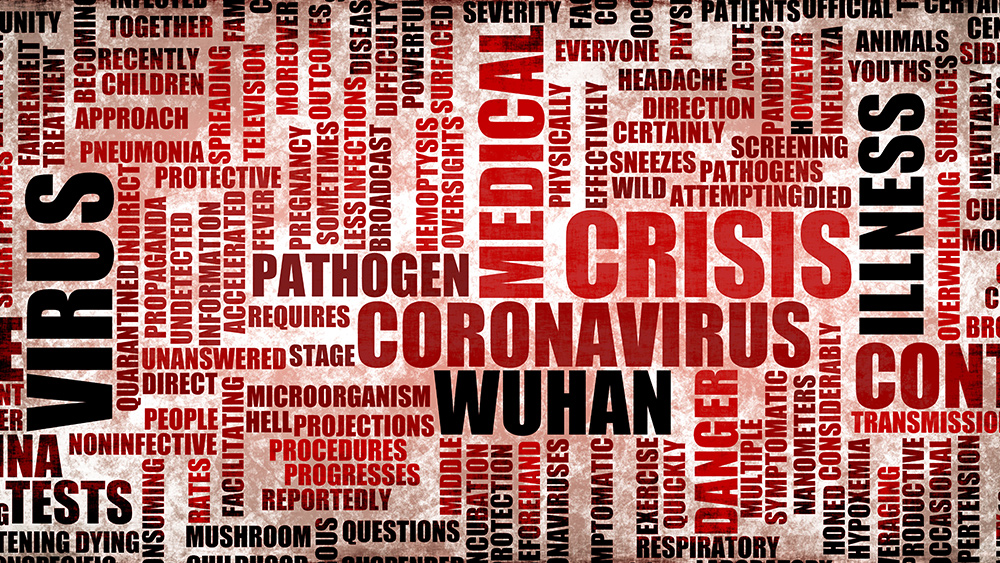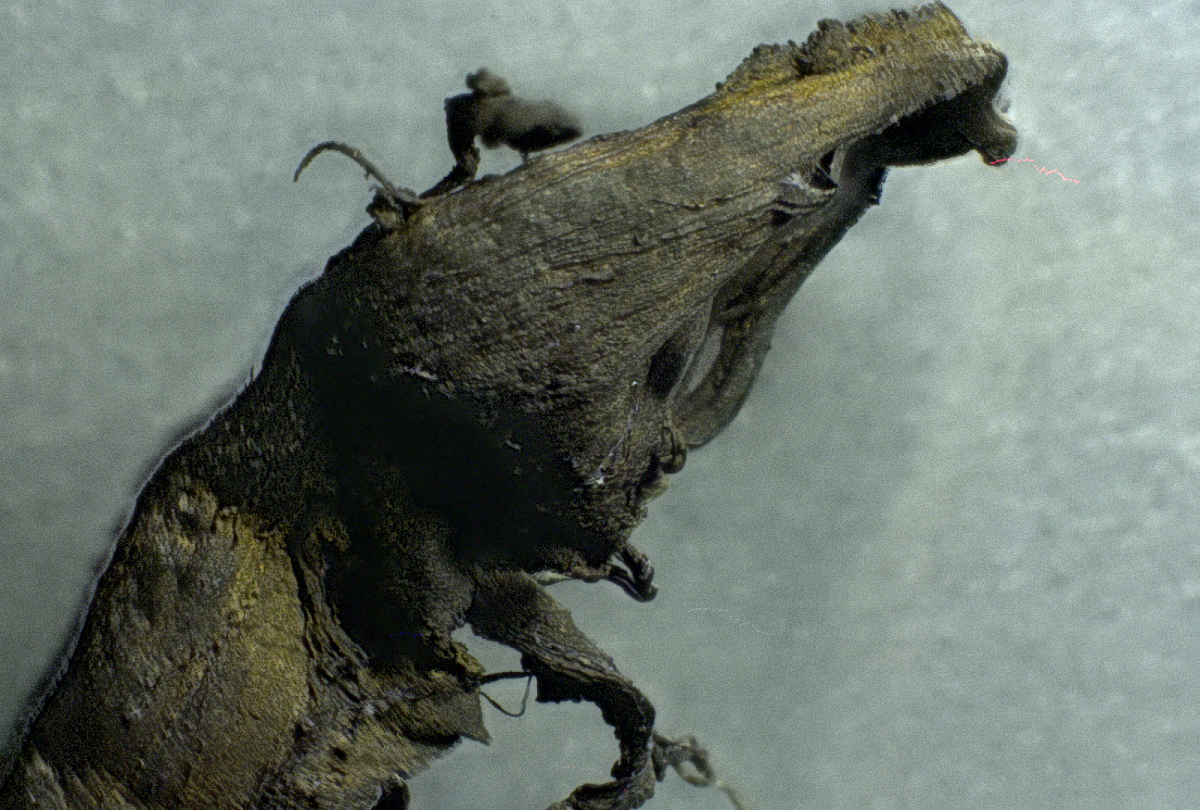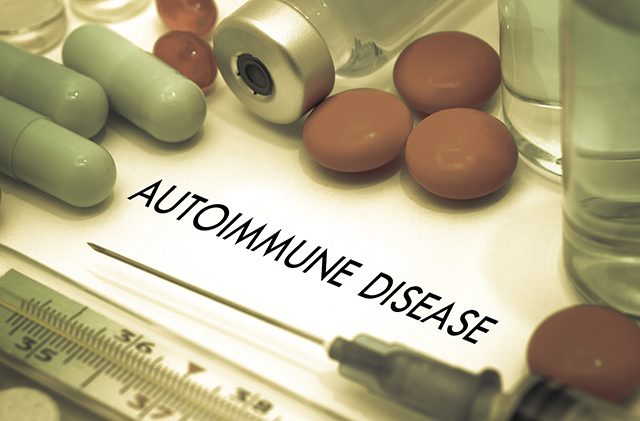Coronavirus vaccine safety will remain unclear until millions get their shots due to failed vaccine monitoring
12/07/2020 / By Franz Walker

The safety of vaccines meant to stop the spread of the Wuhan coronavirus (COVID-19) may remain unclear until millions of Americans have already been vaccinated. This is due to how vaccine monitoring programs in the U.S. are set up, according to former officials who helped control an outbreak over a decade ago.
The Centers of Disease Control and Prevention (CDC), the Food and Drug Administration (FDA), the Department of Veterans Affairs and other health agencies all have separate systems to track any side effects in people who get the first shots.
Daniel Salmon, who headed the now-defunct National Vaccine Program Office (NVPO), however, pointed out that the lack of unified oversight over the programs could make it more difficult to document any safety issues with the vaccines, let alone act on them.
“Efforts are underway to develop systems for monitoring COVID-19 vaccine safety, but it is not yet clear who is in charge,” stated Salmon in an op-ed on StatNews last month.
Vaccine safety subgroup head says they can handle concerns quickly
Some of the vaccine monitoring programs in the U.S. have been around for decades, while others are new. Making sense of all the data available from these programs will be vital, moving forward, to make sense of how safe the COVID-19 vaccines are, especially as they will only have two months of safety data on hand – the FDA mandated minimum – when they get authorization.
“The benefit of many of these systems is that they’re attached to electronic health records where we can go evaluate whether they’re real or not,” said Grace Lee, who leads the COVID-19 vaccine safety subgroup for the CDC’s Advisory Committee on Immunization Practices.
Lee states that her subgroup is “laser-focused only on safety issues.” She plans to have the subgroup meet quickly to assess potential signals of concerns from all the different safety monitoring programs.
Most of these will come from regular updates from systems that track federal health programs and private insurance claims. In addition, Lee says that her group will track the Vaccine Adverse Event Reporting System, a website available for the general public to report issues. (Related: Myelitis observed in two COVID-19 vaccine trial participants is a common vaccine injury.)
That said, Salmon, who is now director of the Institute for Vaccine Safety at the Johns Hopkins Bloomberg School of Public Health, said that any reports of issues with the vaccines will still need to be investigated swiftly due to the heightened anxiety around the virus.
”If we don’t have the data quickly, it can derail the vaccine program.” Salmon said. “It has to be rigorous and it has to be credible.”
Health officials who fought H1N1 call for unified safety working group
Jesse Goodman, who worked led the FDA office that handled vaccines during the 2009 H1N1 outbreak, agrees with Salmon’s assessment.
Goodman, who now heads Georgetown University’s Center on Medical Product Access, Safety and Stewardship, mentioned how in 2009, they had “a unified safety working group that cut across the whole government.” That group took all of the databases from the different health agencies monitoring the vaccines, looked at them together and had government communication around them.
That program fell under the Office of the Assistant Secretary for Health, which at the time was lead by Howard Koh. Now, much of the leadership that the program took during H1N1 on vaccine safety falls under the CDC’s Advisory Committee on Immunization Practices (ACIP).
According to Koh, while ACIP is made up of “outstanding experts,” it does not advise the Department of Health and Human Services that the CDC falls under.
“What we were charged to do was coordinate all of HHS,” Koh said about how the program worked during H1N1. “You have to do that, especially in a time like then and now, when a new vaccine is being distributed on an urgent basis to tens of millions of people.”
While Lee stated that she was aware of the concerns, she said that she remained comfortable that the CDC’s immunization panel, through her subgroup, can do the necessary analysis and investigation of any vaccine safety issues within a couple of days when the time comes.
Lee points to her time leading the H1N1 monitoring program for the Vaccine Safety Datalink, one of the handful of programs used by the government back then to keep an eye on potential harmful side effects.
“That really imprinted on me because I was just amazed at what we as a country could do when we all came together,” she said.
Follow Pandemic.news for more on developments related to COVID-19 vaccines.
Sources include:
Submit a correction >>
Tagged Under:
CDC, coronavirus, covid-19, FDA, Flu, H1N1, immunization, infectious disease, outbreak, pandemic, superbugs, vaccine, vaccine safety, viral infection, virus
This article may contain statements that reflect the opinion of the author




















